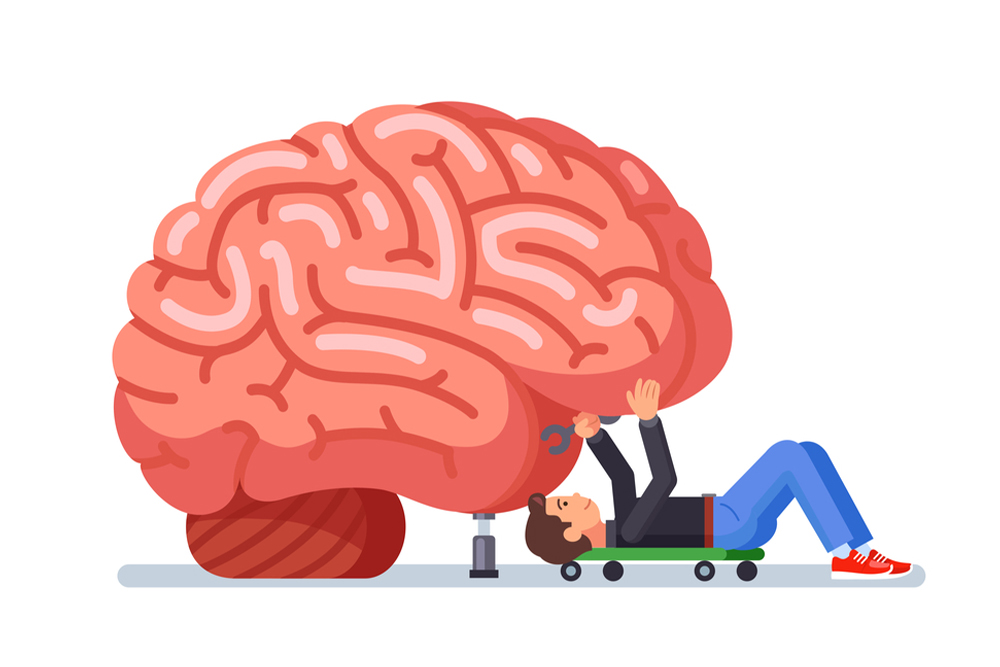
If you’re experiencing symptoms of any mental health conditions, you may want to work directly with a specialist, like a psychiatrist or psychologist, for individualized care.
On the other hand, if you’re simply looking to make some straightforward changes to your diet to support your emotional health and wellbeing, here are a few suggestions you can start with.
As you read through these tips, remember that the overall quality of your diet is more powerful than any one decision you make in a day. Try to focus on a variety of healthy nutrients rather than just one individually (29Trusted Source, 36Trusted Source).
Load up on these nutrients
Here are some of the nutrients most notably linked with mental health, as well as a few foods they’re found in (29Trusted Source, 36Trusted Source, 37Trusted Source):
- Omega-3 fatty acids: walnuts, chia and flaxseeds, salmon, herring, sardines (38Trusted Source)
- Folate: beef liver, rice, fortified cereals, black-eyed peas, spinach, asparagus, Brussels sprouts (39Trusted Source)
- Iron: oysters, beef liver, fortified cereals, spinach, dark chocolate, white beans, lentils, tofu (40Trusted Source)
- Magnesium: spinach, pumpkin and chia seeds, soy milk, black beans, almonds, cashews, peanuts (41Trusted Source)
- Zinc: oysters, chicken, beef roast, lobster, pumpkin seeds (42Trusted Source)
- B vitamins: chicken breast, beef liver, clams, tuna, salmon, chickpeas, potatoes, bananas (43Trusted Source, 44Trusted Source)
- Vitamin A: beef liver, herring, cow’s milk, ricotta cheese, sweet potatoes, carrots, cantaloupe (45Trusted Source)
- Vitamin C: red and green peppers, orange and grapefruit juice, strawberries, broccoli (46Trusted Source)


